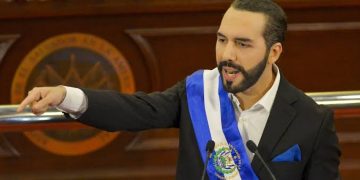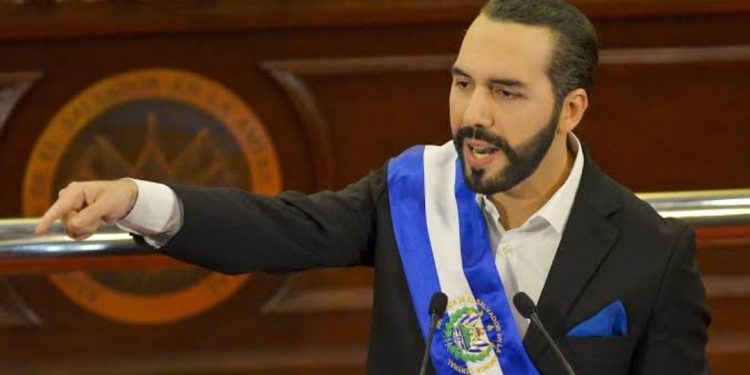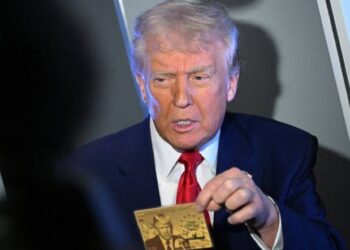By John Ikani
El Salvador President Nayib Bukele announced in a recorded message played at a Bitcoin conference in Miami Saturday that next week he will send proposed legislation to the country’s congress that would make the cryptocurrency legal tender in the Central American nation.
The move would make the Central American nation the first in the world to formally accept cryptocurrency as legal money and would “allow the financial inclusion of thousands of people who are outside the legal economy”, Bukele said on Saturday.
“In the short term this will generate jobs and help provide financial inclusion to thousands outside the formal economy,” he said.
The 39-year-old president, who has maintained approval ratings above 90% and made Twitter his preferred way of communicating, characterized it as an idea that could help El Salvador move forward.
The government is yet to give details of the bill, which will require approval from a parliament dominated by the president’s allies.
Bukele in subsequent messages on Twitter noted that Bitcoin could be “the fastest growing way to transfer 6 billion dollars a year in remittances.” He said that a big chunk of those money transfers were currently lost to intermediaries and with Bitcoin more than a million low-income families could benefit.
He also said 70% of El Salvador’s population does not have a bank account and works in the informal economy. Bitcoin could improve financial inclusion, he said.
What you should know about El Salvador
The U.S. dollar is El Salvador’s official currency. About one quarter of El Salvador’s citizens live in the United States and last year, despite the pandemic, they sent home more than $6 billion in remittances.
The country is the smallest and most densely populated of the seven Central American countries. Despite having little level land, it traditionally was an agricultural country, heavily dependent upon coffee exports.
As stated by the President, 70% of Salvadorians lack access to financial infrastructure. Bitcoin will greatly fill this gap for Salvadorians by banking the unbanked.




































